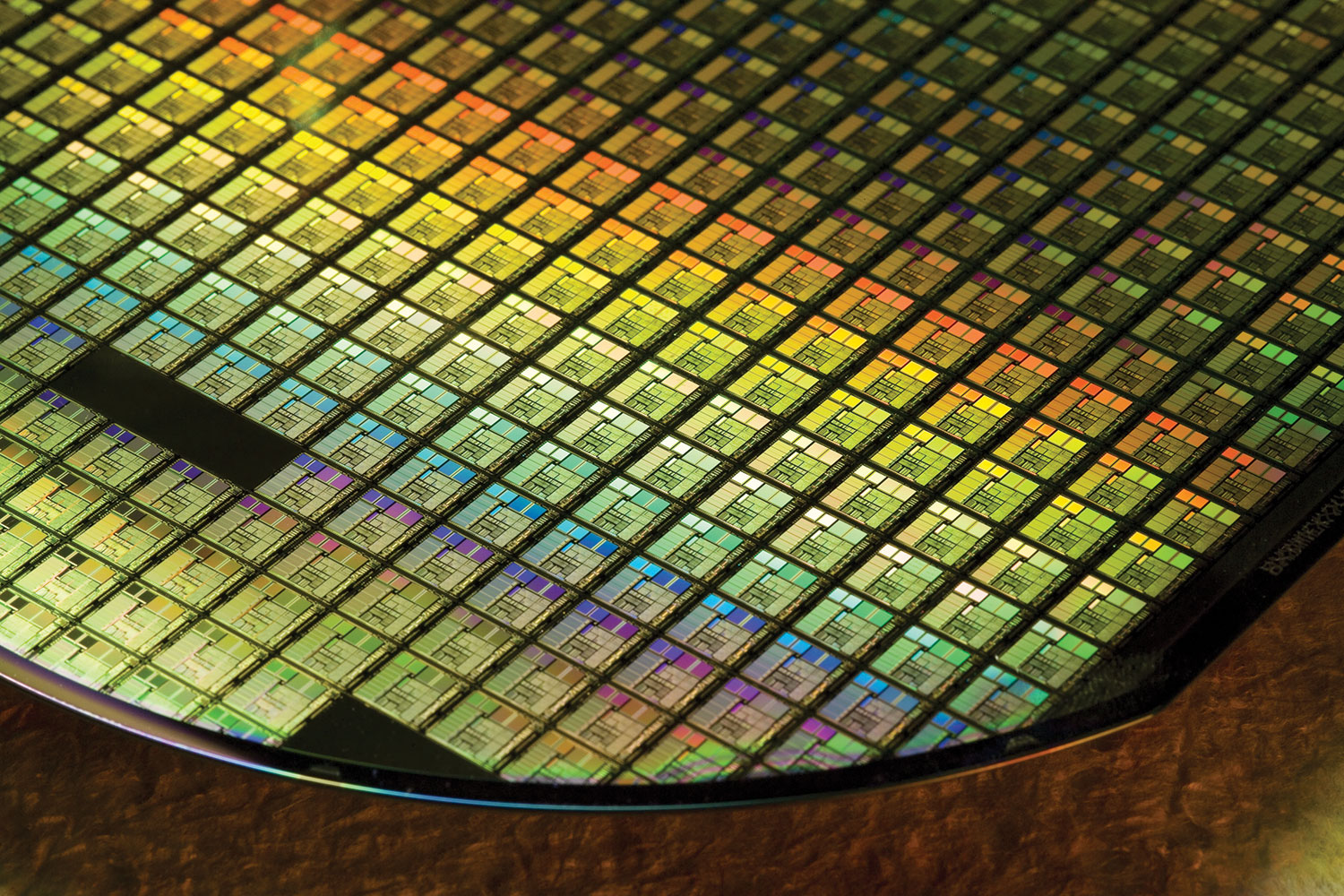Chipmaker TSMC is spending billions of dollars to meet 7nm and 5nm demand
TSMC makes chips for AMD, Apple, Nvidia, and others.

TSMC (Taiwan Semiconductor Manufacturing Company), one of the largest semiconductor foundries in the world, is increasing its investment into 7nm and 5nm production by billions of dollars to meet growing demand, paving the way for continued advancements in PC and mobile CPUs. Currently, TSMC's 7nm process is used for some of the best CPUs, and all of the best graphics cards use either 12nm or 7nm TSMC.
In a recent earnings call (PDF) with investors, TSMC said it plans to pour an additional $4 billion into the necessary tools and other equipment related to both 7nm and 5nm manufacturing, in 2019. That brings the total investment up to somewhere between $14 billion and $15 billion.
It's a massive investment, but a necessary one as more customers move to smaller process nodes. Several notable companies rank as customers of TSMC, including AMD, Apple, and Nvidia. That does not mean TSMC is the exclusive manufacturer of semiconductors for those clients—AMD, for example, sources its Ryzen processors from both TSMC and Globalfoundries—but it's certainly a key partner.
What this could potentially lead to is fewer shortages in the future. As it stands, AMD ended up delaying the launch of its Ryzen 9 3950X to November (it was originally supposed to release in September), and the Ryzen 9 3900X was hard to come by until recently, leading to jacked up prices at places like eBay.
TSMC's massive investments in its manufacturing infrastructure should ease the strain. This is especially crucial as companies compete for fab space—TSMC notes a "stronger outlook for 5G deployment next year," which in turn is putting a heavier load on its 7nm and eventual 5nm assembly.
As it pertains to the latter, TSMC fielded a question about its expected ramp, saying it is on track for volume manufacturing in 2020.
"Well, let me answer the first question, first the 5nm ramp for next year. Certainly as compared with the six months ago, we are right now more aggressive and more optimistic about it. And hopefully because we spend big money, hopefully that it will ramp up much in terms of revenue, be much faster than 7nm," TSMC said.
Keep up to date with the most important stories and the best deals, as picked by the PC Gamer team.
5nm is where AMD's future Ryzen processors could potentially end up. Here's how thing have progressed so far:
- Zen (Ryzen 1000 series)—14nm node (Globalfoundries)
- Zen+ (Ryzen 2000 series)—12nm node (Globalfoundries)
- Zen 2 (Ryzen 3000 series)—7nm node (TSMC)
Zen 3 (Ryzen 4000 series?) will be built on a 7nm+ process, unless something has changed, while Zen 4 will likely see a shift to 5nm or 6nm—we'll have to wait and see. AMD also uses TSMC 7nm for its current Navi (RX 5700 series) GPUs.
Looking even further ahead, TSMC says it is already working with customers on 3nm designs and that "progress is going well." TSMC anticipates this being the most advanced foundry technology when it arrives.
Paul has been playing PC games and raking his knuckles on computer hardware since the Commodore 64. He does not have any tattoos, but thinks it would be cool to get one that reads LOAD"*",8,1. In his off time, he rides motorcycles and wrestles alligators (only one of those is true).


